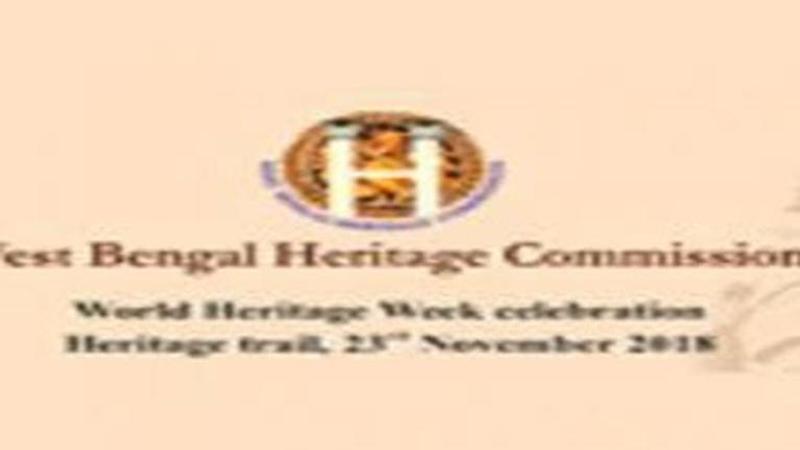Published 16:20 IST, November 6th 2019
WB Heritage Commission proposes Partition Museum
The West Bengal Heritage Commission has drawn up a proposal to set up a museum dedicated to the Partition of Bengal during the bifurcation of the country, that led to migration of millions of refugees.

The West Bengal Heritage Commission has drawn up a proposal to set up a museum dedicated to the Partition of Bengal during the bifurcation of the country, that led to migration of millions of refugees.
Headed by noted painter Suvaprasanna, the commission has recently submitted a proposal to the state government to create a "compact museum" that will focus on the historical facts and the consequences of the Partition of Bengal.
The museum is proposed to be housed in the Alipore Jail, which has now been converted into a heritage building.
"We have been pondering over the idea to have a compact musuem where our future generations would get to know what the partition was all about and its after effects.
"Recently we have submitted a proposal to the state government. And the government is positive about it. Let us see when the project starts," Suvaprasanna told PTI.
The partition of India in 1947, that led to creation of Pakistan, involved the division of Bengal and Punjab provinces based on district-wise Hindu or Muslim majorities.
One of the most defining events in the history of the subcontinent, the partition not only led to violence but also recorded one of the largest mass migration in human history.
After the partition, Bengal was bifurcated into East Bengal and West Bengal. East Bengal became a part of Pakistan.
It was rechristened East Pakistan in 1956 and later became an independent nation of Bangladesh after the Bangladesh Liberation War of 1971.
While elaborating the idea for setting up such a museum, Suvaprasanna said, it is a necessity under the present circumstances to keep the history of West Bengal documented.
"In the proposed museum, we will have documents, articles, documentaries and films on the partition which will elaborate the reasons and the after effects of one of the darkest chapters of the Indian subcontinent," he said.
When asked whether the idea of the Partition Museum had anything to do with the clamour for NRC in West Bengal, as voiced by the BJP, Suvaprasanna replied in the negative.
"The National Register of Citizens (NRC) is a proposal of a particular party which is in power at the Centre. Parties will come to power and go, and so proposals will also keep changing. But this museum is about documenting the history for our future generations," he said.
A senior Trinamool Congress leader, who did not wish to be named, said that apart from projecting historical facts, the museum will highlight the pangs of the refugees who moved to India during 1946-47.
"We have been saying that West Bengal had experienced a deep scar during partition and refugee crisis, be it during 1947 or the Bangladesh Liberation War.
"We have seen how people from that side of the border came to this part of the country after losing everything. The NRC that the BJP is taking about is a plan to make Bengalis refugees in their own country again," the TMC leader said.
The NRC, which aims at weeding out Bangladeshi infiltrators, has been the latest flash point between the TMC and the BJP in the state.
The publication of the final NRC list in Assam, which left out over 19.6 lakh people - of whom around 12 lakh are Hindus and Bengali Hindus - has changed the political narrative in the state to a great extent, with the TMC appearing to have an advantage over the BJP.
The BJP leadership, however, felt that the initiative of building a partition museum is a "farce" as the TMC government itself wanted to change the name of West Bengal to 'Bangla'.
Though the TMC government has been "unsuccessful" in its attempt to change the name of the state, it wanted to do so as it hoped the next generation to forget the "gory" history of partition, Bengal BJP vice president, Pratap Banerjee, said.
"We opposed the demand of the TMC to change the name of the state. The attempt to build the museum is a farcical exercise to achieve their own political interests," he said.
Updated 16:22 IST, November 6th 2019




